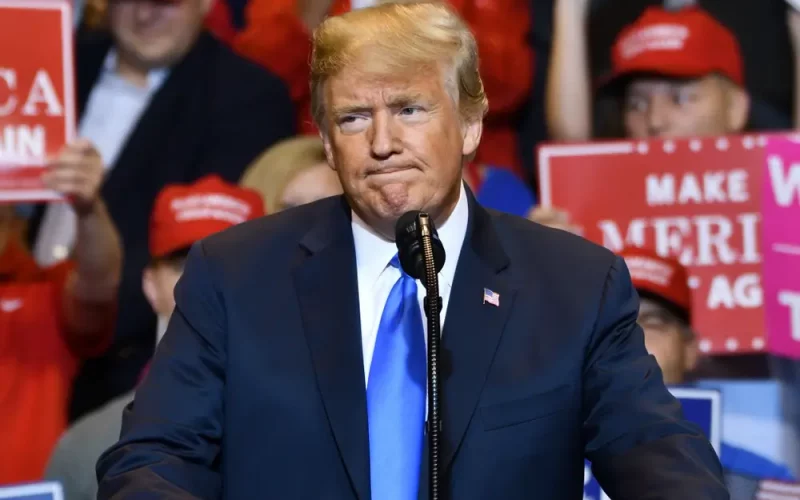The far-left D.C. Circuit Court of Appeals ruled on Monday that former President Donald Trump was not immune to prosecution for charges described in the Justice Department’s (DOJ) indictment relating to the events of January 6, 2021.
Despite Donald Trump still being in office on January 6 and his exoneration though the constitutional process of impeachment, the D.C. court’s judges nonetheless that former President Donald Trump is not immune to charges being brought by a subsequent presidential administration and election rival for the criminal case at hand.
“We have balanced former President Trump’s asserted interests in executive immunity against the vital public interests that favor allowing this prosecution to proceed,” the decision reads.
“We conclude that ‘[c]oncerns of public policy, especially as illuminated by our history and the structure of our government’ compel the rejection of his claim of immunity in this case,” the judges added.
The judges Karen Henderson, Michelle Childs, and Florence Pan issued a unanimous decision.
Notably, the judges seemed to avoid interpreting presidential immunity in criminal cases. The Supreme Court has regularly supported extensive immunity in civil claims but has not established immunity from criminal prosecution.
“For the purpose of this criminal case, former President Trump has become citizen Trump, with all of the defenses of any other criminal defendant,” the judges wrote. “But any executive immunity that may have protected him while he served as President no longer protects him against this prosecution.”
The court stated that President Trump bears the burden of proving his immunity. He submitted arguments based on jurisdiction, functional policy reasons linked to separation of powers, and the impeachment clause, all of which the justices rejected.
The ruling is expected to be appealed by President Trump’s attorneys, who have criticized the Biden administration’s prosecution as fostering cycles of recrimination for future administrations. The Supreme Court earlier denied Special Counsel Jack Smith’s plea to expedite the case.
Anticipating such a petition, the appeals court asked the court clerk to “withhold issuance of the mandate through February 12, 2024,” retaining the matter rather than returning it to the district court.
This appeal halted President Trump’s D.C. trial, which was scheduled to begin on March 4 but was pulled off the court calendar by February 2.
The appearance of the D.C. court’s summary dismissal of Donald Trump’s executive immunity claims is explicitly political; it fast-tracks radical Judge Chutkan’s case in the D.C. criminal courts.
If President Trump files an application for review with the Supreme Court by the extremely short deadline of February 12, the appeals court will suspend its mandate until the high court has had a chance to weigh in.
President Trump has often warned that such a ruling against him would have dire consequences for the American presidency.
“If immunity is not granted to a president, every president that leaves office will be immediately indicted by the opposing party,” he wrote in all caps on TruthSocial. “Without complete immunity, a president of the United States would not be able to properly function!”
The Trump campaign released a statement shortly after the ruling.
“If immunity is not granted to a President, every future President who leaves office will be immediately indicted by the opposing party. Without complete immunity, a President of the United States would not be able to properly function,” stated spokesperson Steven Cheung.
“Prosecuting a President for official acts violates the Constitution and threatens the bedrock of our Republic. President Trump respectfully disagrees with the DC Circuit’s decision and will appeal it in order to safeguard the Presidency and the Constitution.”

